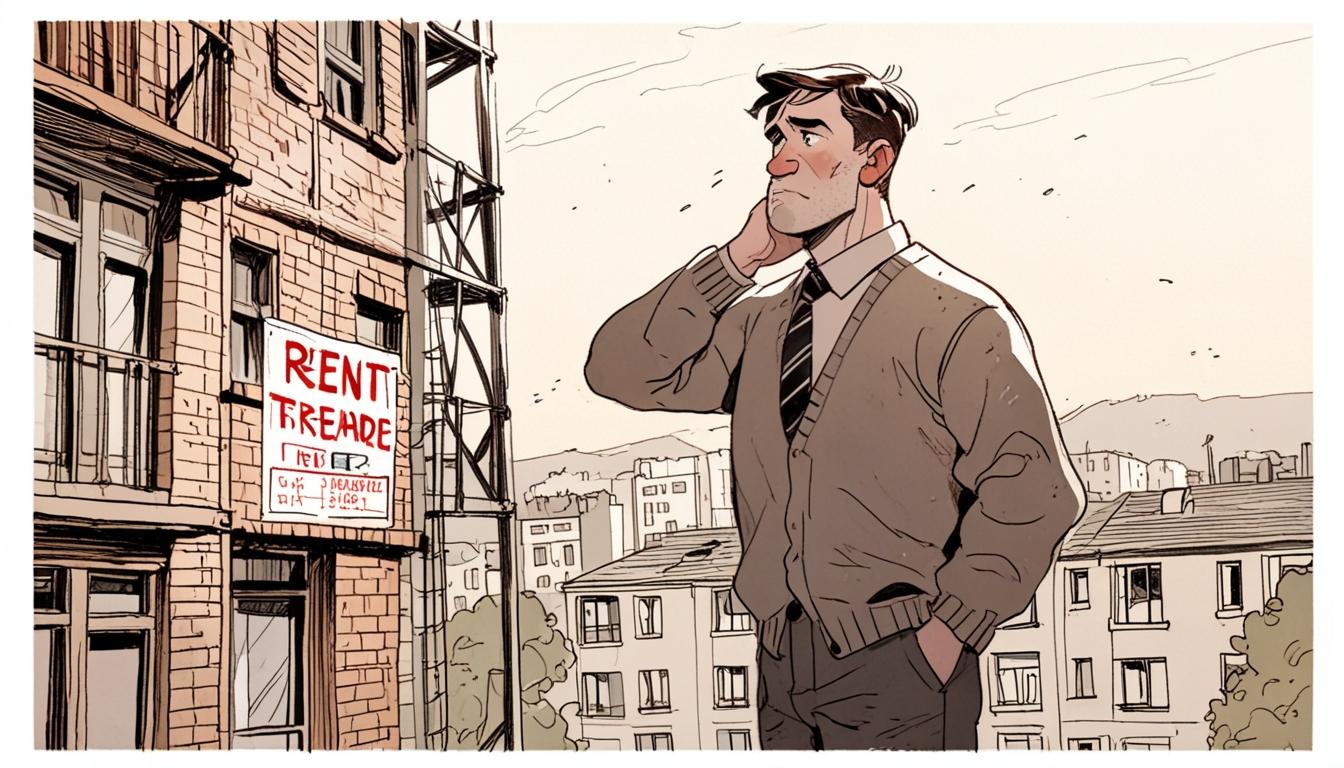Housing Minister Lifts Rent Cap Without Assessing Impact on Scots Tenants
The recent decision by Scotland's housing minister Paul McLennan to lift the rent cap has ignited significant concern among tenants and housing advocates alike. A lack of a formal impact assessment prior to the policy change has raised alarms regarding the repercussions for renters, many of whom are already grappling with soaring living costs.
Recent reports highlight that rent prices in Scotland have surged by an alarming 7.6% over the past year, culminating in a precarious situation for many tenants. Since the cap's removal on April 1, landlords have been granted the autonomy to set rents for private tenancies at levels deemed reflective of the “market rate.” Unfortunately, this has not translated into stability for tenants, with anecdotal evidence emerging of some facing rent increases of 100% almost overnight.
A Freedom of Information request highlighted that McLennan's department undertook no formal assessment to gauge how this drastic change would affect residents across the country. Furthermore, officials have withheld details on the financial implications for tenants, arguing that releasing such information could hinder “the free and frank exchange of advice” amongst government advisers.
Critics have been vocal in their disapproval. Scottish Green MSP Maggie Chapman has been particularly scathing, asserting that the Scottish Government's failure to conduct an impact assessment represents a grave oversight that could plunge thousands into poverty and homelessness. “At a time when bills for everything are soaring, we should be doing whatever we can to protect and support people to continue living in their homes,” Chapman stressed.
This latest move follows a more protective framework established in 2022, when Scottish Greens co-leader Patrick Harvie spearheaded a bill implementing rent freezes and evictions protections. That legislation was a response to the drastic economic fallout from the COVID-19 pandemic and the subsequent cost-of-living crisis, which has exasperated an already precarious housing situation for many Scots.
Despite the withdrawal of rent controls, the Scottish Government has assured the public that it is committed to developing permanent legislation aimed at regulating the rental market more effectively. McLennan stated, “We know there is a need for longer-term action on rents to ensure a fairer system for tenants— that is why we are taking forward measures in the Housing Bill to support the introduction of longer-term rent controls where needed.”
However, housing campaigners remain sceptical. Ruth Gilbert from Living Rent has described the government's actions as a “clear abandonment of the most vulnerable in our society,” suggesting that the current legislative direction prioritises the interests of landlords and property developers over those of struggling renters.
As the debate continues, the urgency for a stable housing solution grows more pronounced. With potential evictions looming and rising rents amplifying financial strain, many Scots are left wondering what protections will be put in place to safeguard their homes in the coming months. The removal of the rent cap marks not just a policy shift, but a pivotal moment in the ongoing struggle for equitable housing in Scotland.
##Reference Map:
- Paragraph 1 – [1]
- Paragraph 2 – [1]
- Paragraph 3 – [1]
- Paragraph 4 – [1]
- Paragraph 5 – [1]
- Paragraph 6 – [1]
- Paragraph 7 – [1]
- Paragraph 8 – [1]
Source: Noah Wire Services
